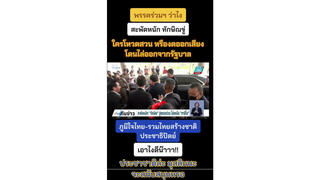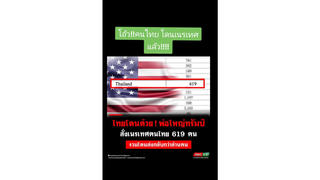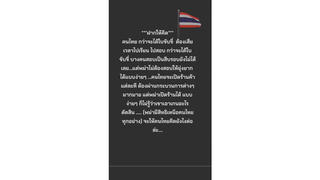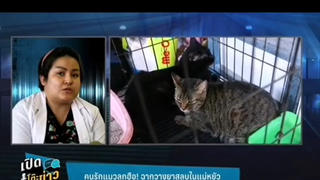
Did Fukushima release water containing large amounts of tritium, which is harmful to your health, into the ocean? No, that's not true: The International Atomic Energy Agency (IAEA) has confirmed that water can be released and does not harm humans or animals.
The claim originated from a video (archived here). It was published on TikTok on August 29, 2023, under the title (translated from Japanese by Lead Stories staff) "The discharged water from Fukushima has got tritium which is dangerous to people." It opened:
The discharged water from Fukushima contains tritium, and it affects the human nervous system
This is what the post looked like on TikTok at the time of writing:

(Source: TikTok screenshot taken on Sun Sep 17 10:48:40 2023 UTC)
The claim suggested that the water discharged from Fukushima contained tritium, posing a threat to those who consume it. However, in accordance with the official report from the IAEA, a thorough assessment of Fukushima's water treatment process has been conducted. The report affirms that releasing this water will not cause harm to marine life or human beings.
According to the Society for Radiological Protection, the discharged water will contain tritium, a radioactive isotope of hydrogen, in the form of water (called HTO). Almost all other radionuclides are effectively removed during the processing, resulting in discharges that will have a negligible radiological impact on both people and the environment. Additionally, before discharge, the water will be further diluted to contain less than 1500 becquerels (Bq) of tritium per liter of water, which is lower than the drinking water standard set by the World Health Organisation as well as the Canadian Nuclear Regulator. This indicates that the discharged water is safe for consumption.
Japanese Prime Minister Fumio Kishida demonstrated the safety and edibility of fish caught off the Fukushima coast on August 30, by consuming it himself.










